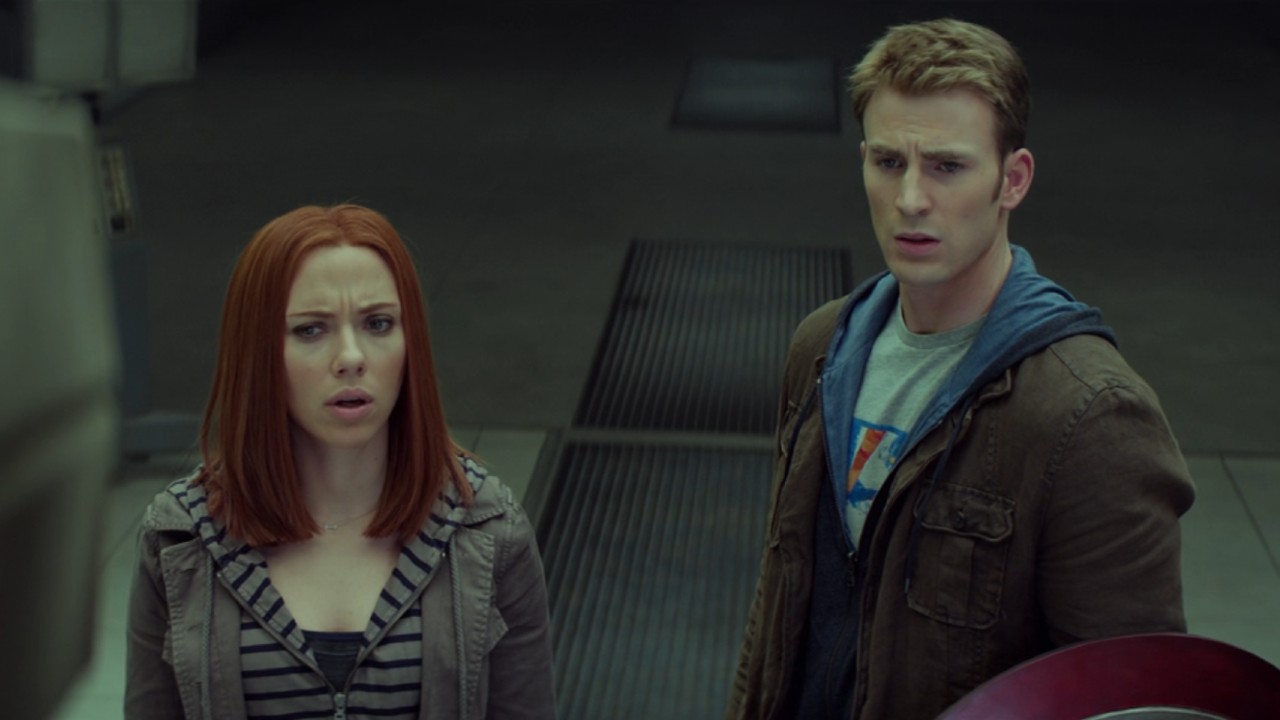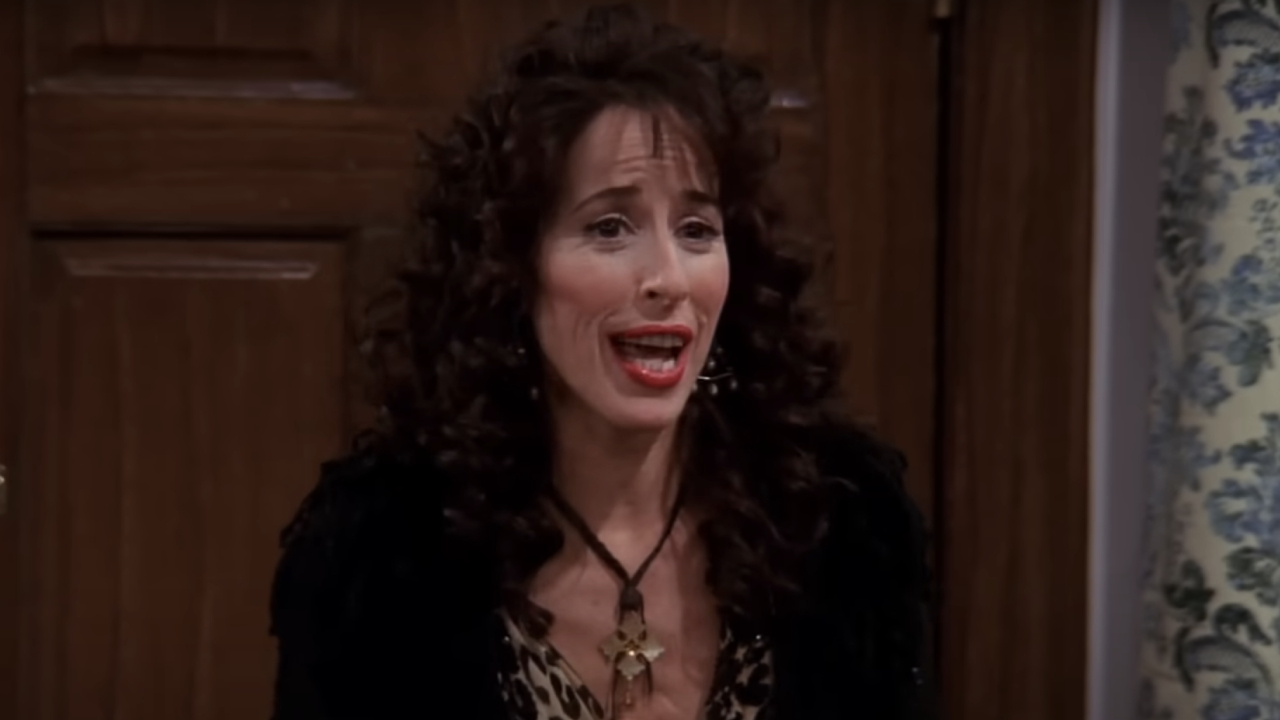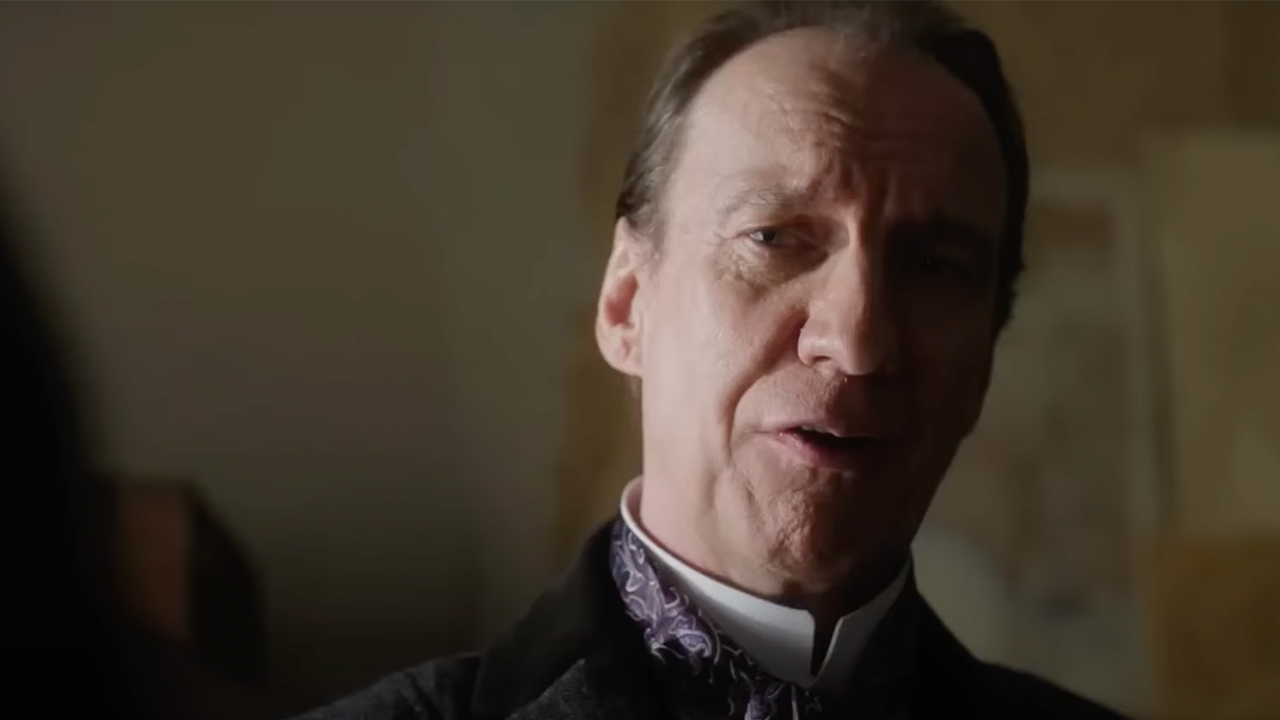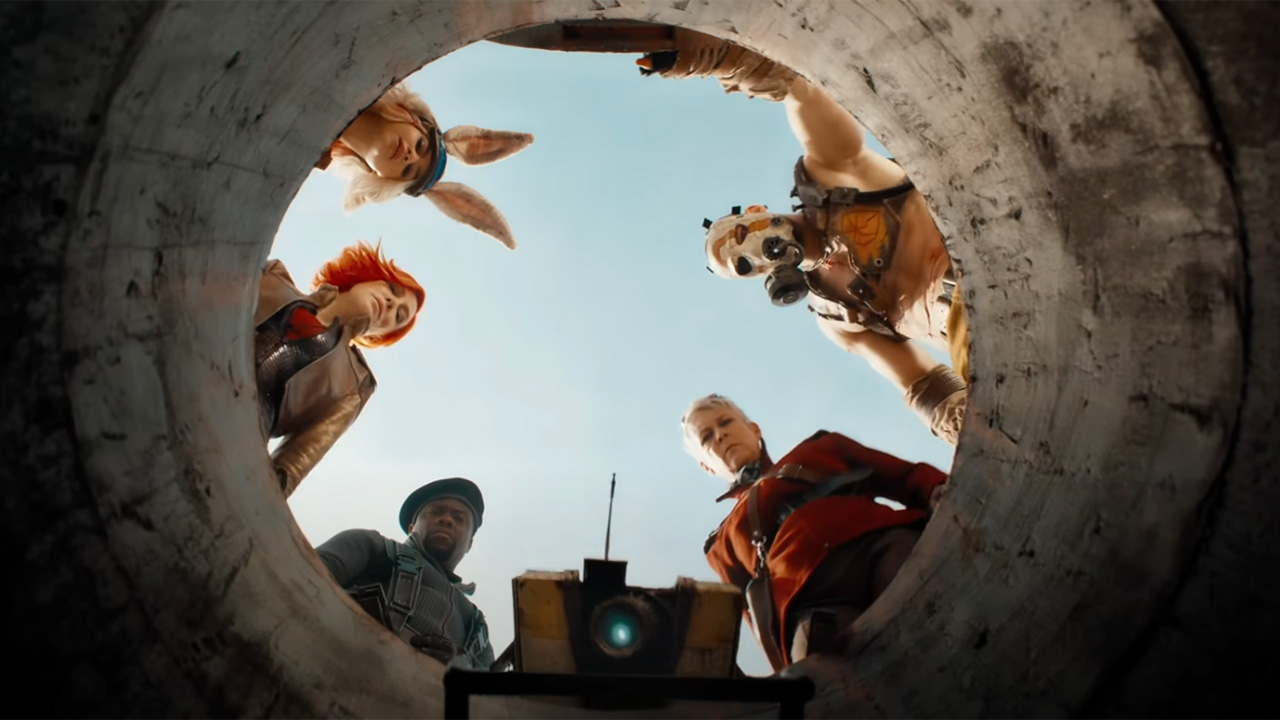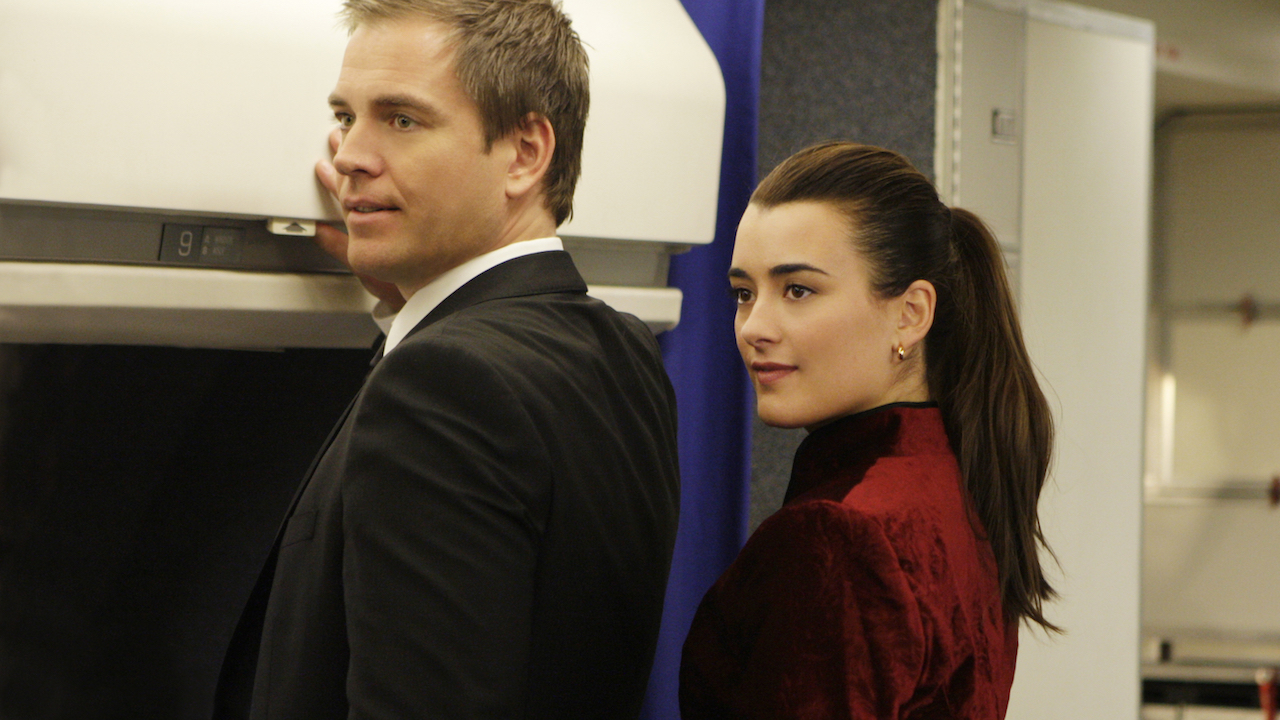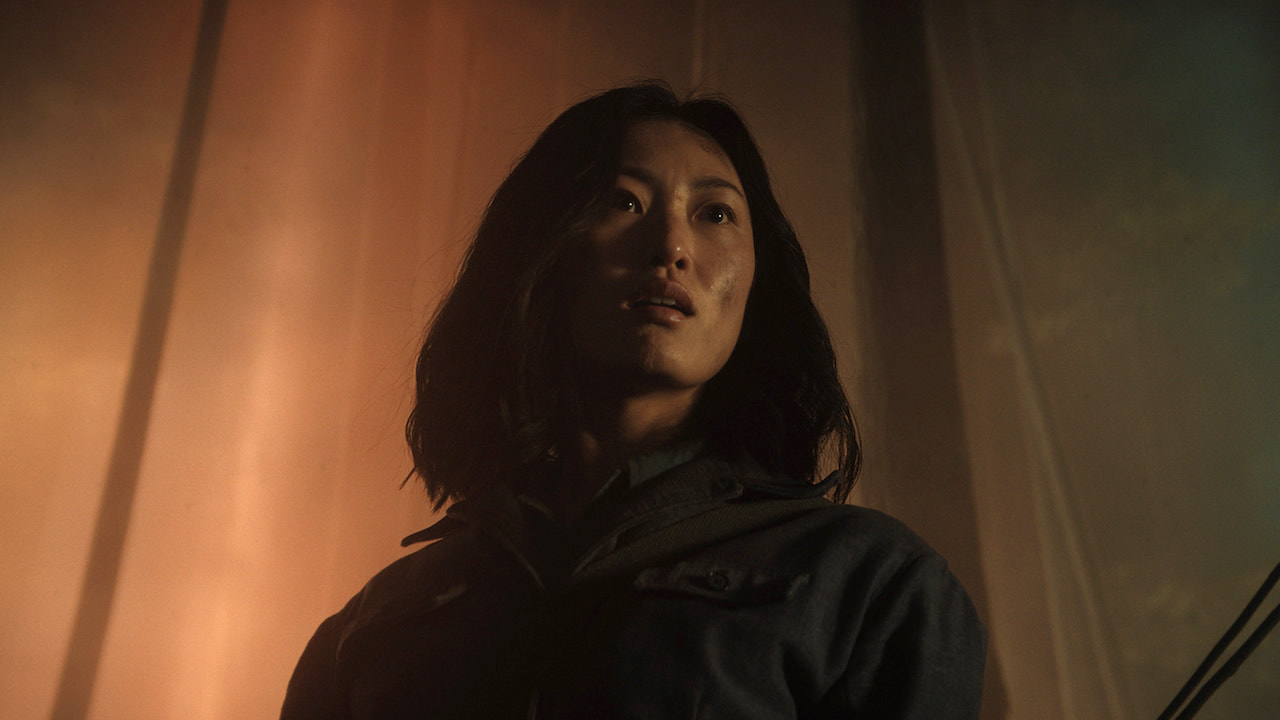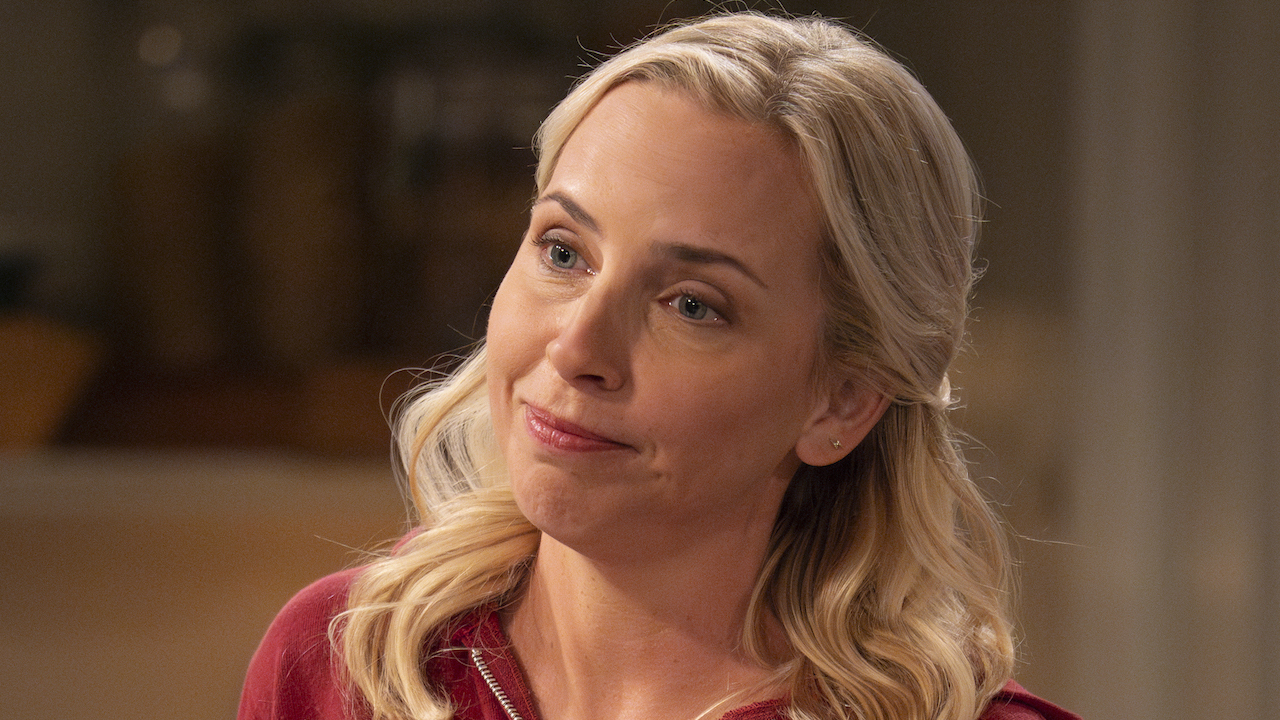Review: Michael Fassbender Takes Over Toronto With A Dangerous Method And Shame
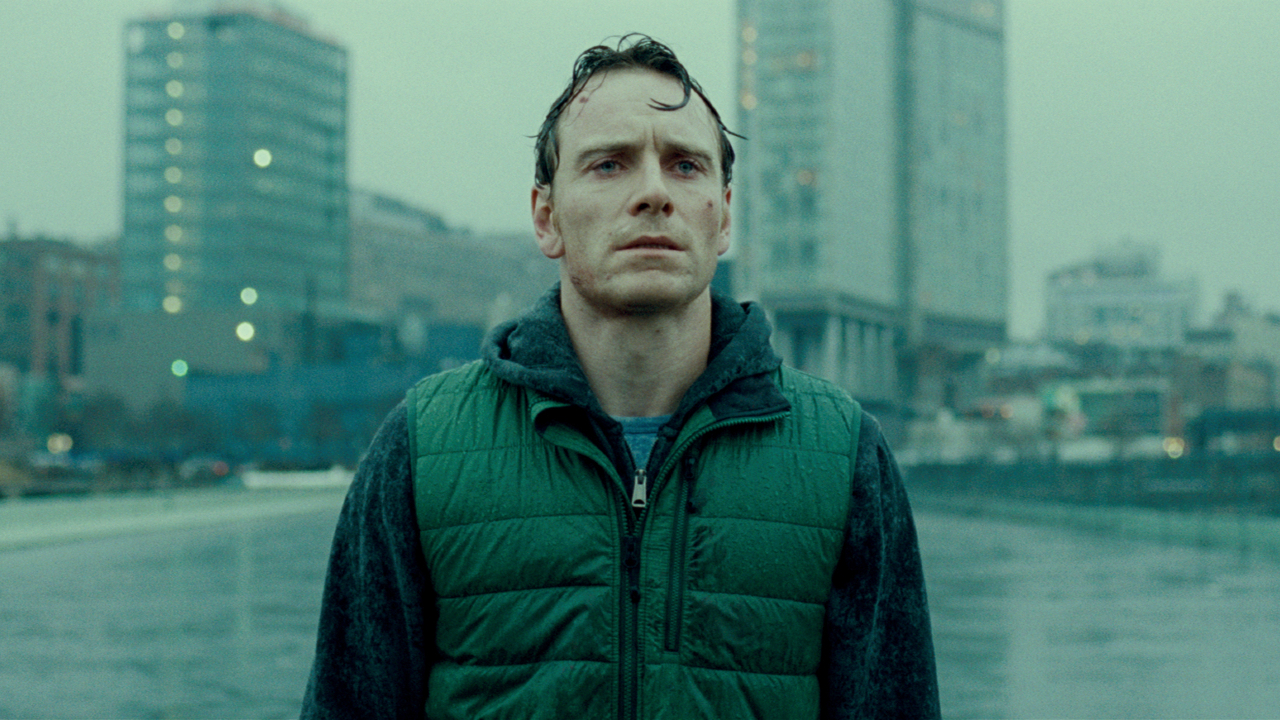
Let's talk about Michael Fassbender. Nobody in Toronto right now, myself included, seems unable to stop marveling at the actor, and once the general public has gotten a look at the two films he brought to this festival, A Dangerous Method and Shame, I imagine the general public will get on board as well. Of course, you might think you're already fascinated by Fassbender, thanks to performances in Inglourious Basterds and Hunger and Jane Eyre and Fish Tank and even X-Men: First Class. But you really haven't pondered the Fassbender appeal until, within two days of each other, you've watched him spank Keira Knightley and go full-frontal naked in two separate films.
His first movie to premiere here was A Dangerous Method, by far the least interesting of the two, despite the fact that it's directed by Canadian auteur David Cronenberg and co-stars both Knightley and Viggo Mortensen. On paper it all seems perfect-- the story of the friendship and eventual rift between Sigmund Freud and Carl Jung, set off by one of Jung's patients, a hysterical Russian woman (Knightley) with serious sexual issues. In his previous films Cronenberg has carefully, sometimes creepily examined issues of the mind and the body, and you couldn't ask for bigger talent to bring it all to the screen. But somehow the intellectual conversations between Mortensen's Freud and Fassbender's Jung have less crackle than Magneto and Professor X chatting it up in X-Men: First Class, and all that spanking-- which is wryly funny in its own way-- somehow feels tangential to the groundbreaking psychological theories these two are developing together.
You can lay some of the blame on Christopher Hampton, who adapted A Dangerous Method from his own stage play and relies far too much on telling us about these characters-- especially Jung's spirituality, which distanced him from Freud but is never really demonstrated onscreen-- than digging into their psyches the way any good psychoanalyst would. But Cronenberg is no help in removing the film from its stagebound roots either, bouncing from one conversation in a room between two characters for another, rarely opening up the camera to the early 20th century Vienna setting or allowing us inside these characters at all. The actors get some of the work done for him-- Fassbender plays Jung as a placid exterior masking a lot of coiled frustration, with Mortensen's Freud a kind of twinkly, fatherly side presence. Knightley is another issue entirely, kicking off the movie as a howling, toothy madwoman and gradually developing into a doctor who will become a significant force in psychology in her own right. Her performance is bold and big, and gets downright good once her character is allowed to calm down; in those opening moments of madness, though, Knightley has to ask the audience to engage with a character who's almost impossible to believe in.
For all the ways A Dangerous Method feels drained of meaning and artistic intent, though, Shame is brimming with it. The second feature film from British artist Steve McQueen, who gave Fassbender his breakout role in Hunger, is a simple and somewhat familiar story of addiction, told with visual style and powerhouse acting that renders it something entirely new. McQueen brings his story to New York, but a version barely familiar from other movies, shot entirely in brand-new apartment buildings and offices and high-end hotels, places where glass walls and sleek appliances convey not glamour and wealth, but a terrifying emptiness. Even the crowded subway feels cold and isolating, even when our terribly conflicted hero Brandon (Fassbender) makes eyes at a pretty young thing on the subway and loses her in the crowd. It's not just that he's alone in a city of millions, but as McQueen makes inexorably clear throughout the film, everyone else is alone there too.
Brandon is a sex addict, essentially scheduling his life around masturbation, random hookups, sex with prostitutes-- anything but lasting, meaningful relationships. The one exception is his sister Sissy (Carey Mulligan), who comes to stay against Brandon's wishes and tries and repeatedly fails, in her own harsh way, to establish any real connection with him. They share a troubling history that is almost never spoken but hinted by McQueen's camera, long takes emphasizing tense space between them or casual nudity that's both familiar and unnerving for them both. McQueen became famous partly for the massive long take conversation in Hunger, and there are no showstoppers like that one in Shame his camera definitely lingers-- the scene in which Carey Mulligan sings history's slowest rendition of "New York, New York" in tight close-up feels like a slight indulgence. But the combination of the cool, clinical settings and McQueen's rigorous camera compositions puts the audience firmly inside Brandon's isolating, passionless but destructive world.
I haven't entirely worked out my thoughts and final feelings about Shame-- it's that constant film festival problem of too many movies, too little time. But the fearless performances from Fassbender and Mulligan, the uncompromisingly explicit sex and McQueen's vigilant, confident camera make Shame very much a movie to reckon with. Both McQueen and Fassbender have arrived together as formidable talents, and this second collaboration between them makes you feverishly anticipate the provocative, perhaps brutal work that's to come.
For my continuing converge from the Toronto Film Festival, go here.
CINEMABLEND NEWSLETTER
Your Daily Blend of Entertainment News
Staff Writer at CinemaBlend
Chris Evans Pens Sweet Tribute To ‘Older Sibling’ Scarlett Johansson, And Now I Really Need To See Them Team Up For Another Movie
Bowen Yang And Kelly Marie Tran Open Up About Crew Members Sharing What It Felt To Work On A Queer Set For The Wedding Banquet: 'It Just Felt Really Magical.'


